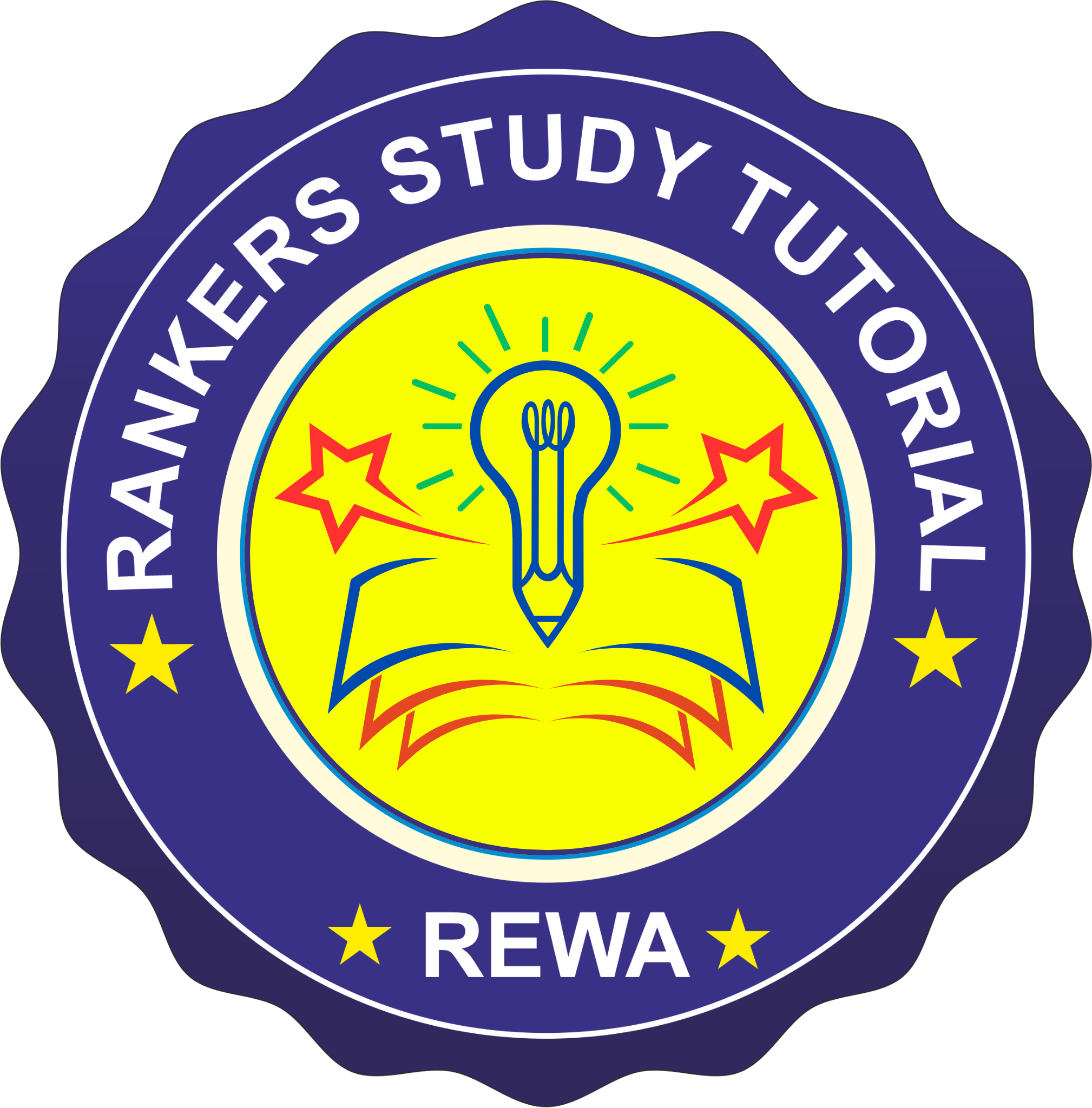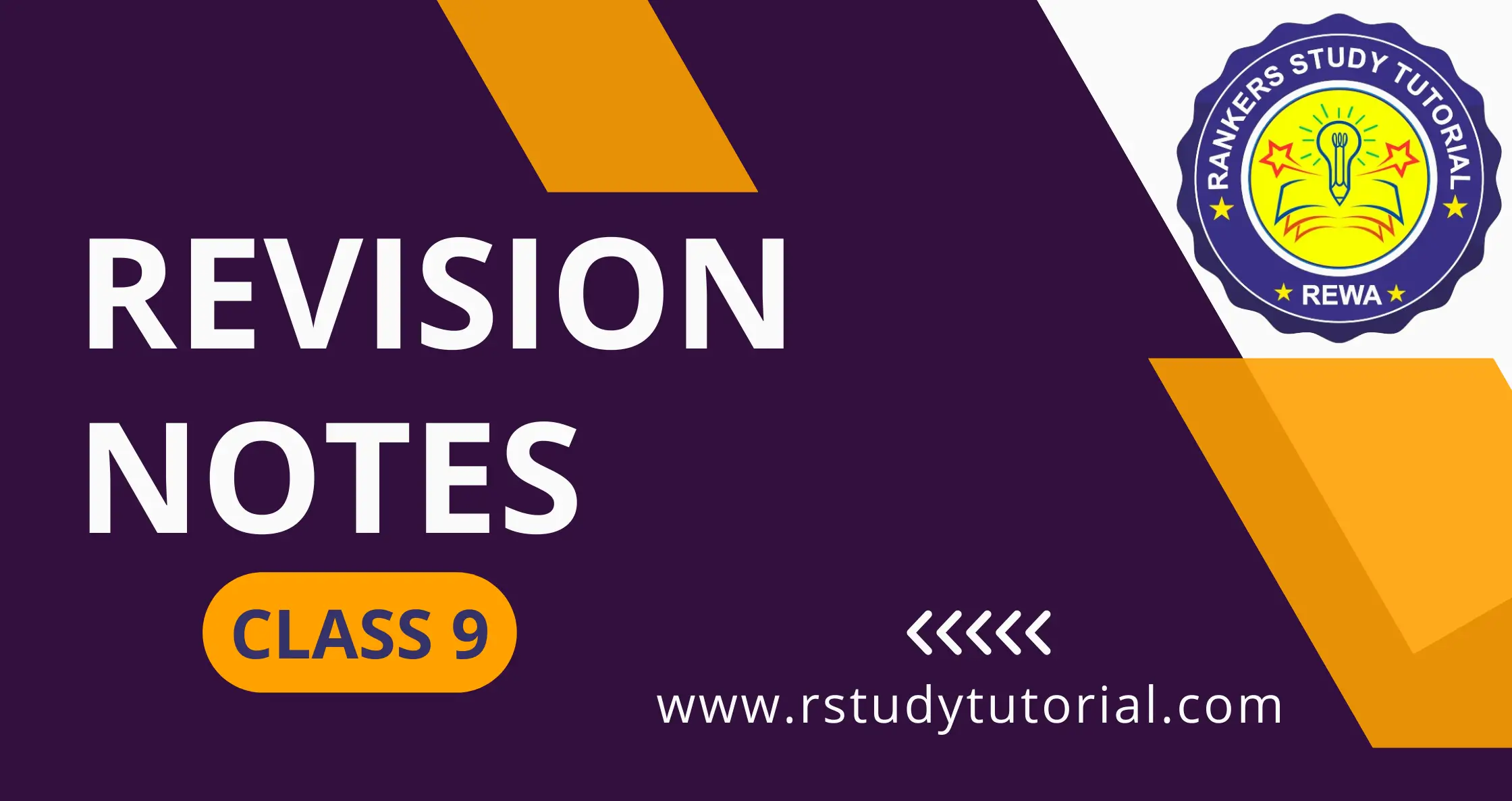Revision Notes for Class 9 Political Science Chapter 1 What is Democracy? Why Democracy?
Democracy is the most prevalent form of government in the world today and it is expanding to more countries. It has many features which makes it better than other forms of government.
Democracy
- Democracy comes from a Greek word ‘Demokratia’. In Greek, ‘demos’ means people and ‘kratia’ means rule. So, democracy is rule by the people.
- Democracy in simple words, is a form of government in which the rulers are elected by the people.
- This definition allows us to separate democracy from forms of government that are clearly not democratic. For example, the army rulers of Myanmar were not elected by the people, Dictators like Pinochet (Chile) are not elected by the people.
Features of Democracy
- Major decisions by elected leaders:
- The final decision-making power must rest with those elected by the people.
Case study of Pakistan:
● In Pakistan, General Pervez Musharraf led a military coup in October 1999 and overthrew a democratically elected government. Later he made various changes to the Constitution.
● The final power rested with military officers and General Musharraf himself. So, it can’t be called as a truly democratic government.
- Free and fair electoral competition:
- A democracy must be based on a free and fair election where those currently in power have a fair chance of losing.
- One person, one vote, one value:
- Democracy is based on a fundamental principle of political equality. Each adult citizen must have one vote and each vote must have one value.
- The choice and opportunity to choose rulers is available to all the people on an equal basis.
Some instances of denial of equal right to vote:
● Until 2015, in Saudi Arabia women did not have the right to vote.
● Estonia’s citizenship rules make it difficult for Russian minority to get the right to vote.
- Rule of law and respect for rights:
- Democratic government rules within limits set by constitutional law and citizens’ rights.
- Respecting some basic rules: It has to respect some guarantees to the minorities and every major decision has to go through a series of consultations. Every office bearer has certain rights and responsibilities assigned by the constitution and the law.
- Accountability: Each of the elected person is accountable not only to the people but also to other independent officials.
- Sufficient room for normal political activity before elections: As Popular governments can be undemocratic and Popular leaders can be autocratic.
- The rights of people must be protected by an independent judiciary whose orders are obeyed by everyone.
Need of the Democracy
Arguments against Democracy
- Instability: Leaders keep changing in a democracy.
- Low scope of morality: Democracy is all about political competition and power play.
- Delays in decision making: So many people have to be consulted in a democracy.
- Bad decisions: Elected leaders do not know the best interest of the people.
- Corruption: It is based on electoral competition.
- Ordinary people don’t know what is good for them; they should not decide anything.
Arguments for Democracy
- It is a more accountable form of government.
- Democracy responds to the needs of the people: A non-democratic government may and can respond to the people’s needs, but it all depends on the wishes of the rulers.
- A democracy requires that the rulers have to attend to the needs of the people.
- Improves the quality of decision-making:
- Based on consultation and discussion: A democratic decision always involves many persons, discussions and meetings. When a number of people put their heads together, it reduces the chances of rash or irresponsible decisions.
- Provides a method to deal with differences and conflicts:
- Resolving conflicts: The difference of opinions between people are particularly sharp in a country like ours which has an amazing social diversity.
- It provides the only peaceful solution as no one is a permanent winner or a loser.
- Enhances the dignity of citizens:
- It is based on the principle of political equality, on recognising that the poorest and the least educated has the same status as the rich and the educated.
- People are not subjects of a ruler, they are the rulers themselves.
- Even when they make mistakes, they are responsible for their conduct.
- It allows us to correct people’s own mistakes:
- Mistakes cannot be hidden for long: There is a space for public discussion on mistakes and there is a room for correction.
- Either the rulers have to change their decisions, or the rulers can be changed.
Representative Democracy
- Democracy doesn’t mean that all the people rule: A majority is allowed to take decisions on behalf of
all the people. The majority does not rule directly but rule through their elected representatives. - Reasons for representative democracy:
- Modern democracies involve such a large number of people that it is physically impossible for them to sit together and take a collective decision.
- Even if they could, the citizen does not have the time, the desire or the skills to take part in all the decisions.
Interesting points
● Syria is a small west Asian country. The ruling Ba’ath Party and some of its small allies are the only parties allowed in that country.
● In China, country’s parliament is called Quanguo Renmin Daibiao Dahui (National People’s Congress).




